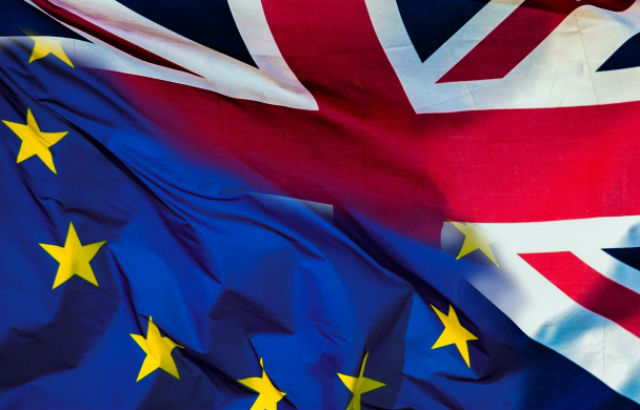
Following the result of the UK Brexit referendum in June 2016 many Eurosceptic parties across Europe celebrated, contending that the vote could pave the way for similar referendums in other countries. This was explored in a paper, Eager to leave? Populist radical right parties' responses to the UK's Brexit vote, the lead author of which was Dr Stijn van Kessel, Senior Lecturer in European Politics at Queen Mary University of London.
The research was part of the ESRC-funded project '28+ Perspectives on Brexit: a guide to the multi-stakeholder negotiations', led by Professor Helen Drake.
Exploring Euroscepticism
The research focused on populist radical right parties in four founding European Union (EU) member states across different parts of Western Europe: France, Germany, Italy and the Netherlands. The study assessed whether these parties hardened their position on EU membership, and sought to politicise European integration during national election campaigns in the aftermath of the Brexit vote.
The researchers found that despite initial enthusiasm around the UK referendum result, populist radical right parties did not converge around an appeal to follow the British example and leave the EU.
The position across Europe
In the Netherlands, Geert Wilders' Freedom Party (PVV) remained in favour of a Dutch withdrawal from the EU, but hardly centred its campaign on this theme. In France Marine Le Pen's Front National was found to have toned down its Eurosceptic rhetoric prior to the second round of the presidential election.
In Germany, in the days following the UK referendum result, the Alternative for Germany (AfD) party welcomed Brexit and raised the possibility of holding a similar referendum. Yet the party soon moved away from this position. The Italian Lega Nord campaigned for an exit from the euro in 2014 and also welcomed the Brexit result in 2016. In the run-up to the 2018 national election, however, the party shied away from unconditionally supporting an 'Italexit'.
The article argues that the limited public support for ending EU membership across most European countries is one important reason for populist radical right parties refraining from radicalising or emphasising their position on EU membership. The authors also highlight that the Brexit negotiations and uncertainty, as well as political instability in the UK, are likely to have led to populist radical right parties adopting a more cautious approach in the short term.
Dr Stijn van Kessel said: "While various commentators, as well as some Eurosceptic parties themselves, initially predicted a Brexit-instigated domino-effect with more and more countries choosing to leave the EU, this prediction proved inaccurate at least in the short run.
"Our study also shows that, beyond Britain, there are few 'hard Eurosceptic' parties supporting their country's exit from the European Union. Whilst radical right parties are clearly Eurosceptic, European integration is often not their most important campaign theme."






